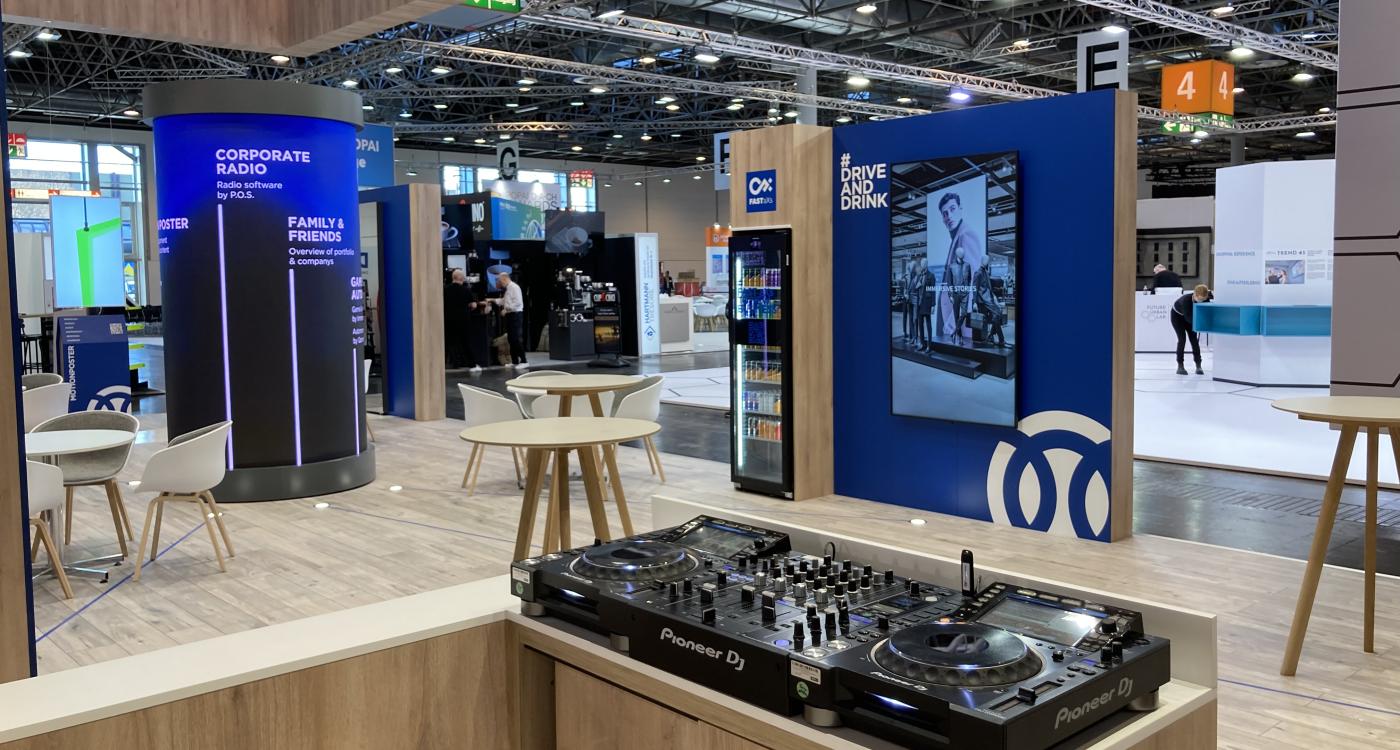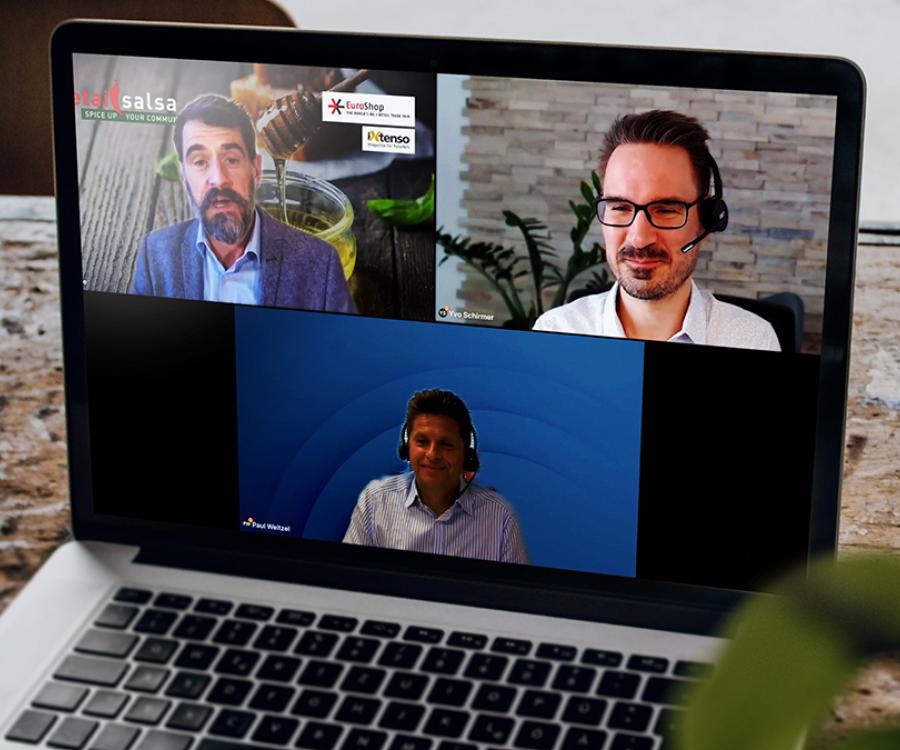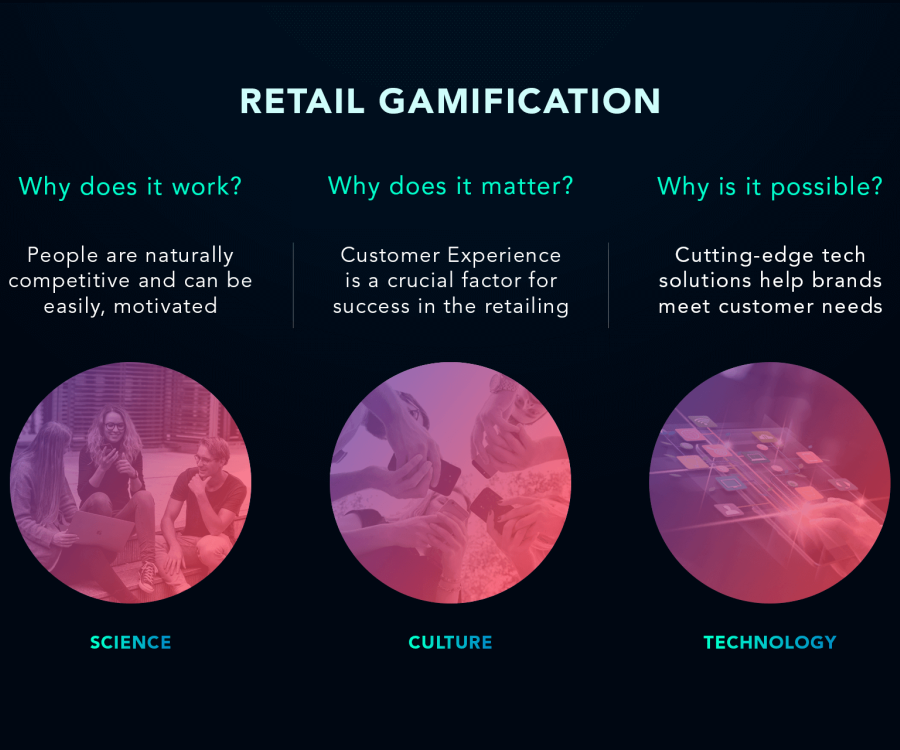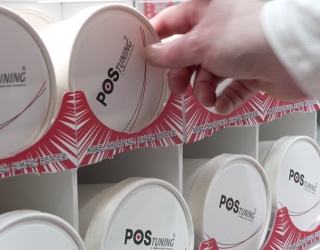
"Bringing Digital Retail to Life". For Radio Point of Sale GmbH of Kiel, Germany, the slogan says it all. The company focuses on the possibilities of auditory, visual and interactive communication at the point of sale within the retail trade.
Managing Director Dietmar Otto explained to us what is important when addressing customers and how retailers run the risk of disappearing.
First, a personal question: What appeals to you when you enter a store?
The first thing I pay attention to is the environment: Do you hear music? How is the interior designed? These are the points that determine whether I feel comfortable or whether the store seems dead as a doornail and therefore eerie. That is the key for me.
For me, these are points that fall under in-store communication. What does the term mean to you?
In my or ‘our’ environment, it is unfortunately a relatively often used phrase. For us as a company, however, it is an equally important wording to which we attach a lot of importance. Above all, it's about a 360-degree approach. Because it's no use if retailers play music in one place, a display is set up in another to present goods, and a screen in yet another corner of the store is fed with content that runs continuously. If these things have no connection to each other, it's better to leave it alone. Especially because the things then counteract each other. You're not doing yourself any favors as a retailer, and you're not doing your customers any favors.
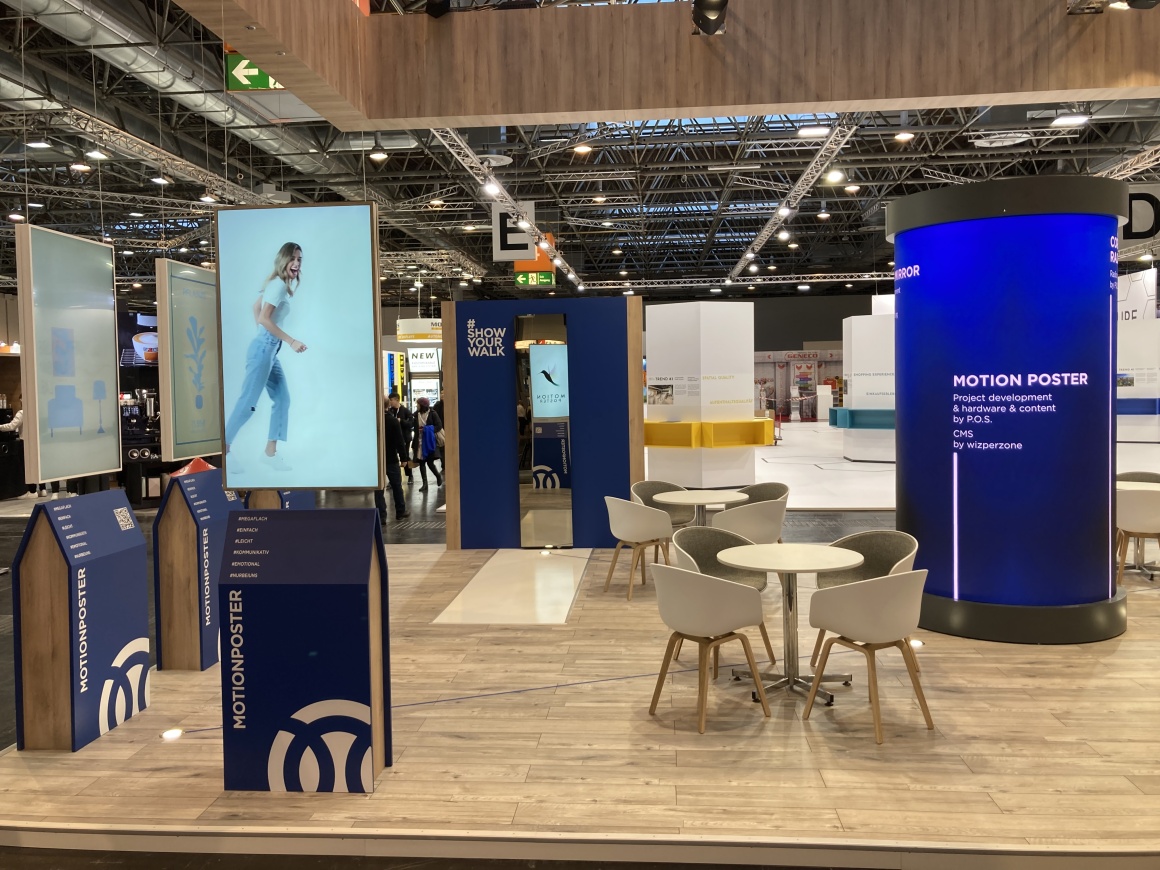
Speaking of customers, how have their expectations changed in recent years and how does this change influence in-store communication?
Customers are becoming increasingly critical. Either because of their age or because of their children, they are increasingly learning to deal with other and more modern media and expect this possibility in the retail sector, as well. In principle, however, this is very good, as is the critical approach and the questioning of many processes in the industry. Retailers must face up to this development. With these changes, one can also speak of a stringent [BG1] Darwinism. Explained briefly, without getting too demographic or sociological: Those who do not face up to this new competition will eventually disappear.
What role does the point of sale play within the optimal customer journey?
I think the POS has often been declared dead in this context, not least because of the ever-growing online retail. But the pandemic in particular actually taught us otherwise: Yes, you can order everything online, but when restrictions and curfews fell away again, you saw how important it is to have nice and beautifully designed shopping facilities. Those that were able to offer something here brought in a big sales. Plus, the others - as already described - probably disappeared.
What advice do you have for retailers who want to change or modernize their communication?
I wouldn't answer that globally, it depends on the respective circumstances. Meaning: A grocery retailer in a rural community with less than 2,000 inhabitants naturally has different demands, circumstances and necessities than a retailer in a pedestrian zone in Munich, Cologne, Düsseldorf or Berlin. In this respect, it is the individual needs. I would never say that there is a standard that must be met. Individual solutions are required here. And we offer these to our customers.
You offer various products - LED walls, digital mirrors, autonomous refrigerators. How important is digitization in retail today?
I would like to repeat myself here, because this insight is very important: If you don't face the growing demand for digitalization, you will disappear and won't be able to keep the business.
What differences do you see within the retail industry when it comes to the topic of progress?
I believe that the fashion sector in particular is trying to set trends in many areas and play a pioneering role, but I see the classic food sector as being further ahead overall in terms of technical progress, because it looks at what works, what goes down well with customers - perhaps also in other sectors - and then implements this more stringently and sustainably.

